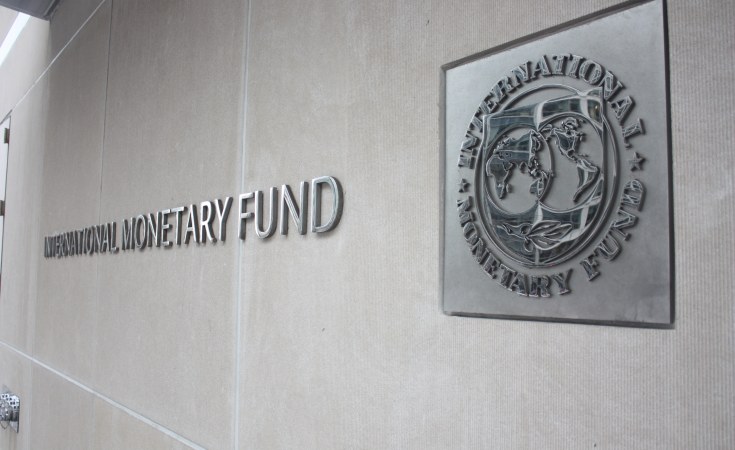In a bold move that has raised eyebrows across Malawi, President Lazarus Chakwera met with IMF Managing Director Kristalina Georgieva to discuss strategies aimed at boosting economic growth.
But as discussions unfold, many are left wondering: will this be the lifeline Malawi desperately needs, or merely a prelude to further austerity measures that could deepen the country's socio-economic woes?
The IMF has long been criticized for imposing stringent conditions on countries struggling with debt, often prioritizing fiscal discipline over social welfare. With Malawi's debt climbing to a staggering $1.2 billion--much of it inherited from past administrations--the stakes have never been higher.
According to IMF Director of Communications Julie Kozack, the talks included "macroeconomic policies and reforms" tied to Malawi's Extended Credit Facility (ECF). But are these reforms truly in the best interest of the Malawian people?
Chakwera's assurances that Malawi has reached agreements with creditors like China and India regarding debt restructuring might sound promising, but history has shown that such negotiations can often result in harsher conditions for the poorest citizens. With past promises from international financial institutions leading to cuts in essential services like healthcare and education, the potential for repeating these mistakes looms large.
Critics are already voicing concerns that the current leadership may be sacrificing long-term economic stability for short-term fixes.
"The IMF's track record suggests that what they call 'stabilization' often leads to increased poverty and inequality," warns economist and activist Dr. Mphatso Chunga. "If Chakwera isn't careful, he could end up locking Malawi into a cycle of dependency and austerity that cripples growth."
Moreover, while discussions with creditors are ongoing, the lack of transparency around these negotiations raises red flags. Malawians are left in the dark about the potential repercussions of these agreements. "We need to demand more accountability from our leaders. The people have a right to know how these decisions affect our future," says activist Mary Nkhata, who leads grassroots movements advocating for financial transparency.
As Chakwera attempts to navigate these treacherous waters, the question remains: will he prioritize the interests of the Malawian people or succumb to the pressures of international finance? The urgency for meaningful change is palpable, and many are calling for a radical rethinking of Malawi's economic strategies.
In the face of rising costs of living, stagnant wages, and a mounting debt burden, the time for action is now. If Chakwera's administration fails to break free from the IMF's grip and implement policies that genuinely uplift the people, the consequences could be dire--leaving Malawi trapped in a cycle of debt and despair.
As the nation watches closely, the road ahead will demand not just negotiations, but a radical commitment to a more equitable and just economic system. The stakes have never been higher, and Malawians deserve a future free from the shackles of debt-driven austerity.


